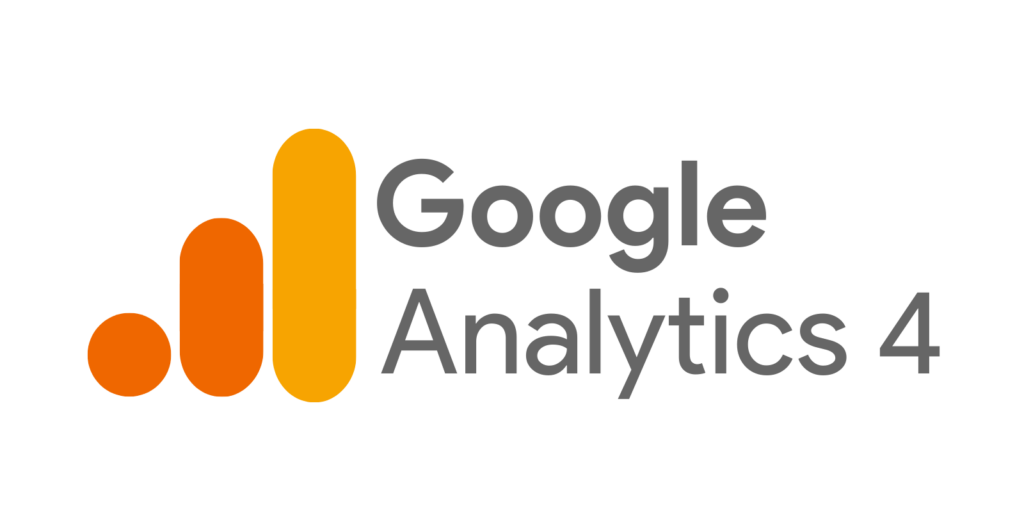Why Did Google Switch to GA4?
On July 1st, 2023, Google started promoting Google Analytics 4 (GA4) as the future of their analytics platform. The transition from Universal Analytics to GA4 might take time for some dealerships due to differences in tracking implementation and reporting structures. However, Google’s promotion of GA4 suggests that they see it as the next evolution in their analytics offerings, and dealerships are encouraged to start adopting GA4 to take advantage of its features and benefits.

Benefits
The transition from the older Universal Analytics (UA) to GA4 is driven by several factors:
1. User-Centric Insights and Approach: GA4’s user-centric approach could be valuable for a car dealership website because it’s designed to provide a more comprehensive view of user interactions across various devices and platforms. It focuses on the entire user journey, including interactions both on and off your website, such as app usage and interactions with other digital properties.
2. Privacy and Data Compliance: GA4 is designed with privacy and data compliance in mind. As user privacy concerns grow and regulations like GDPR and CCPA become more stringent, GA4 aims to offer features that align with these regulations better than its predecessor.
3. Cross-Platform Tracking: GA4 aims to provide a more unified tracking experience across different platforms, including websites, mobile apps, and other digital channels. This can help marketers and analysts get a more complete picture of how users are interacting with their brand.
4. Machine Learning and AI Integration: GA4 is designed to integrate more effectively with Google’s machine learning and AI capabilities. This can enable better predictive analytics, insights, and recommendations based on user behavior.
5. Future-Proofing: As technology evolves, Google is positioning GA4 as the platform that will be able to adapt to the changing landscape of digital analytics, ensuring that businesses have access to the most relevant and up-to-date tracking and analysis capabilities.
6. Event-Driven Tracking: GA4 relies on an event-based tracking model. This means that instead of just tracking pageviews, it allows you to define and track custom events and interactions that are important to your dealership, providing more granular insights into user behavior. It allows you to define custom events and track specific actions that are crucial for your dealership. This could include tracking interactions with vehicle listings, form submissions, test drive requests, and more.

Drawbacks
While Google Analytics 4 (GA4) offers many benefits and features for businesses, it’s important to consider its potential drawbacks and limitations as well. Here are some of the negatives associated with GA4:
1. Learning Curve: Transitioning from Universal Analytics (UA) to GA4 might involve a learning curve, especially for businesses that are familiar with the older version. Adjusting to the new event-based tracking model and interface could take time.
2. Limited Historical Data: GA4 starts tracking data from the moment you implement it. This means that you won’t have the historical data that you’ve accumulated in your Universal Analytics account. This can make trend analysis and historical comparison challenging.
3. Incomplete Features: GA4 lacks some of the advanced features and integrations that are available in Universal Analytics. Some users might miss features that they’ve relied on in the past.
4. Limited Third-Party Integrations: GA4 has fewer third-party integrations and plugins compared to Universal Analytics. This could impact businesses that rely heavily on external tools for reporting, analysis, or other functions.
5. Customization Complexity: While GA4 offers customization through event- based tracking, some dealerships might find the process of defining and implementing custom events more complex than the traditional setup in Universal Analytics. Automotive Standards Council for GA4 has been beneficial in creating universal standards and guidelines for the transitions to Google Analytics 4.
6. Interface Changes: The reporting interface in GA4 is different from Universal Analytics. Users who are used to the older interface might need time to adapt to the new layout and navigation.
7. Data Accuracy Challenges: GA4’s data collection methods are different from Universal Analytics, leading to discrepancies between the two platforms. Ensuring data accuracy and consistency could be a concern during the transition.

Sessions vs. Events
The difference between the focus on “sessions” in Universal Analytics (UA) and the focus on “events” in Google Analytics 4 (GA4) represents a shift in how user interactions and engagement are tracked and analyzed within the two platforms.
Google Analytics 4 (GA4) and the Focus on “Events”:
GA4 shifts the focus from sessions to “events.” An “event” in GA4 is a specific user interaction that you choose to track on your website or app. This could be anything from clicking a button, watching a video, completing a lead form, or appraising your trade-in. Instead of grouping interactions into sessions, GA4 tracks and categorizes individual actions taken by users as separate events. Each event can have associated parameters that provide more context and information about the event.
This shift to an event-based model allows GA4 to provide a more detailed and granular view of user interactions. It enables businesses to track a wider range of user actions and understand how users engage with specific elements and features on their digital properties. Additionally, this approach aligns well with cross-platform tracking, as events can be tracked consistently across websites, mobile apps, and other digital platforms.
While UA’s session-based approach is still valuable for understanding overall user flow and engagement patterns, GA4’s event-based approach provides more flexibility and customization in terms of tracking and analyzing specific user actions. It allows dealerships to define and track events that are relevant to their unique goals and objectives.
Overall, the shift from sessions to events in GA4 reflects a more user-centric and detailed approach to tracking user behavior, enabling dealerships to gain deeper insights into user interactions and tailor their analysis to specific actions that matter most to them.

